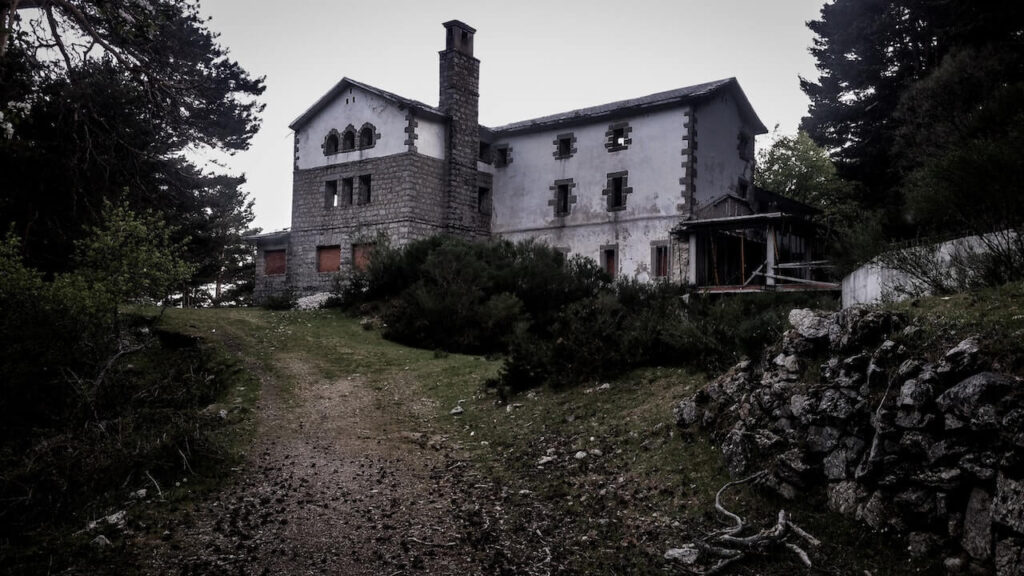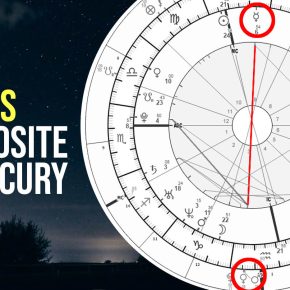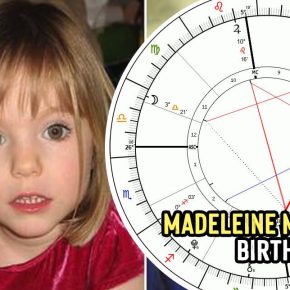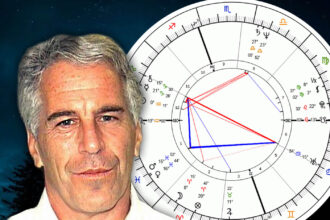When people shop for a new home, they usually think about the price, location, and whether it has enough space for family and friends. But sometimes, a strange detail comes up: what if someone died there?
For many buyers, this brings up superstitions, spiritual concerns, and feng shui questions. Does “death energy” linger? Will it affect your life if you move in? Here’s how feng shui views this situation and what you can do about it.
Feng Shui Is About Living Energy
At its heart, feng shui is all about flow. When qi moves easily through a home, you feel it: relationships run more smoothly, sleep comes easier, and you wake up with more energy. But when that flow gets stuck or stagnant, the effects can show up as stress, health struggles, or even financial bumps.
That’s why feng shui puts so much focus on “living energy.” A home should feel vibrant, not flat. Think fresh plants instead of fake ones, warm candlelight instead of harsh bulbs, and natural wood instead of plastic. Every detail should remind you of life, movement, and growth.
This is also why keeping ashes or filling a space with symbols of death is discouraged. They hold the energy of what’s gone, which can weigh down a home instead of allowing it to support the living. Feng shui is about creating a space that feels alive, one that lifts you up every time you walk through the door.
The Influence of Death Energy
In traditional feng shui, it’s believed that when someone passes away in a home, a trace of their life force can remain in the space. This lingering “death energy” isn’t always the same; it can feel heavy, stagnant, or simply unsettled.
How intense it feels often depends on the circumstances:
- A peaceful passing is thought to leave behind softer, calmer energy.
- A sudden or violent death, on the other hand, is said to imprint the space more strongly and disrupt the natural flow of qi.
If that energy isn’t acknowledged or cleared, it may create an atmosphere of unease. Some describe it as sadness in the air, while others believe it can even manifest as ongoing “bad luck” for those who move in afterward.
Should You Buy a House Where Someone Died?
The short answer: not necessarily. In feng shui, death is seen as a natural part of life. A home doesn’t automatically become “haunted” or “cursed” just because someone passed away there. But it does mean you’ll want to take a few things into account:
The Circumstances
How the person died can influence the energy that lingers. A peaceful passing usually leaves behind gentler energy, while a sudden or traumatic death may create a heavier imprint that takes more work to clear.
Time Passed
Energy naturally fades over time. If the death happened decades or even a century ago, there’s little reason to worry. But if it was more recent, you might still feel the weight of it unless the home has been energetically cleansed.
Objects Left Behind
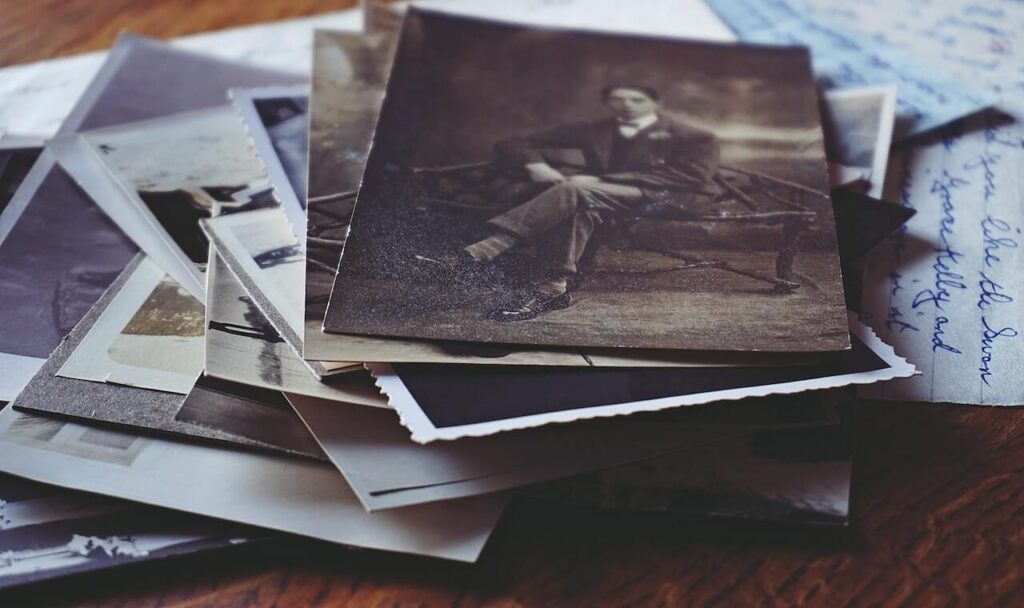
Belongings can hold a lot of energy. Jewelry, photos, furniture, even art can carry emotional imprints of the person. Clearing out those items can make a big difference in resetting the atmosphere of the home.
Your Own Sensitivity
Not everyone experiences a home’s energy in the same way. If you’re highly intuitive, you may be more affected by the lingering atmosphere and benefit from cleansing rituals. If you’re less sensitive, you may not feel anything at all.
Cleansing and Resetting the Energy
If you do buy a home where someone has passed, cleansing rituals are a must. Try this:
- Clear the space. Open the windows wide and let the air move through. Burn sage, palo santo, or incense as you walk room to room, setting the intention that old energy is leaving and new energy is welcome.
- Bring in blessings. This doesn’t have to be religious, though it can be if that feels right. You might say a prayer, play uplifting music, light candles, or even invite a spiritual guide to bless the home. The goal is to fill it with warmth and positivity.
- Use feng shui cures. Living energy restores balance. Add plants for growth, mirrors to reflect light, crystals for protection, or even a small water feature to keep energy flowing.
- Refresh the physical space. Never underestimate the power of a deep clean. Wash every corner, repaint the walls, open the windows often, and let sunlight in. Fresh paint, clean floors, and good airflow can shift the vibe of a place more than you’d think.
My Advice
Feng Shui doesn’t forbid buying a house where someone has died. Death doesn’t mean permanent bad energy. It simply means the space needs cleansing and revitalization.
Start by removing belongings connected to the deceased, then do a cleansing ritual to clear out lingering heaviness. After that, focus on bringing in life: open the windows, let the sun pour in, add plants, play music, and fill the rooms with your own laughter and presence.
Once the qi begins to flow again, the home can feel just as supportive and nourishing as any other. More often than not, the spirit of the person who passed is usually already at peace on the other side, not stuck in the house.
Read Also: Best Days of Week To Buy A Car, According To Feng Shui



